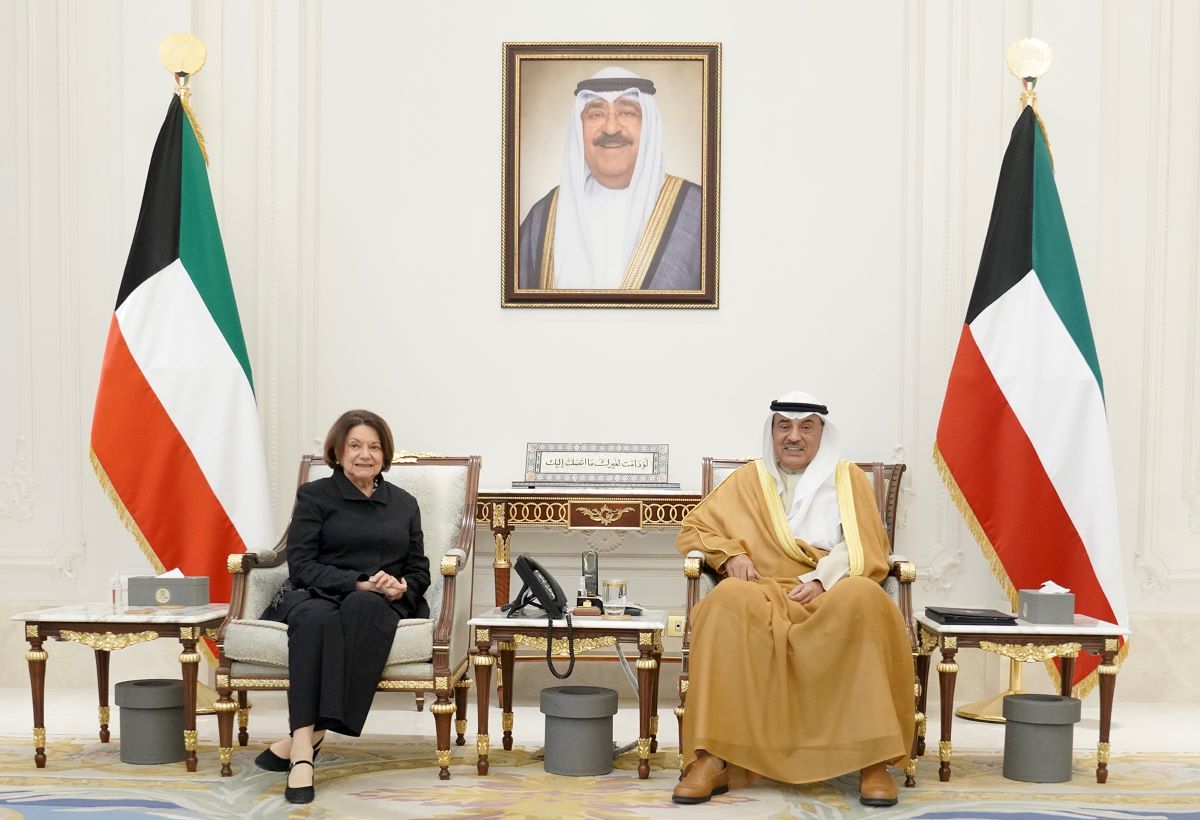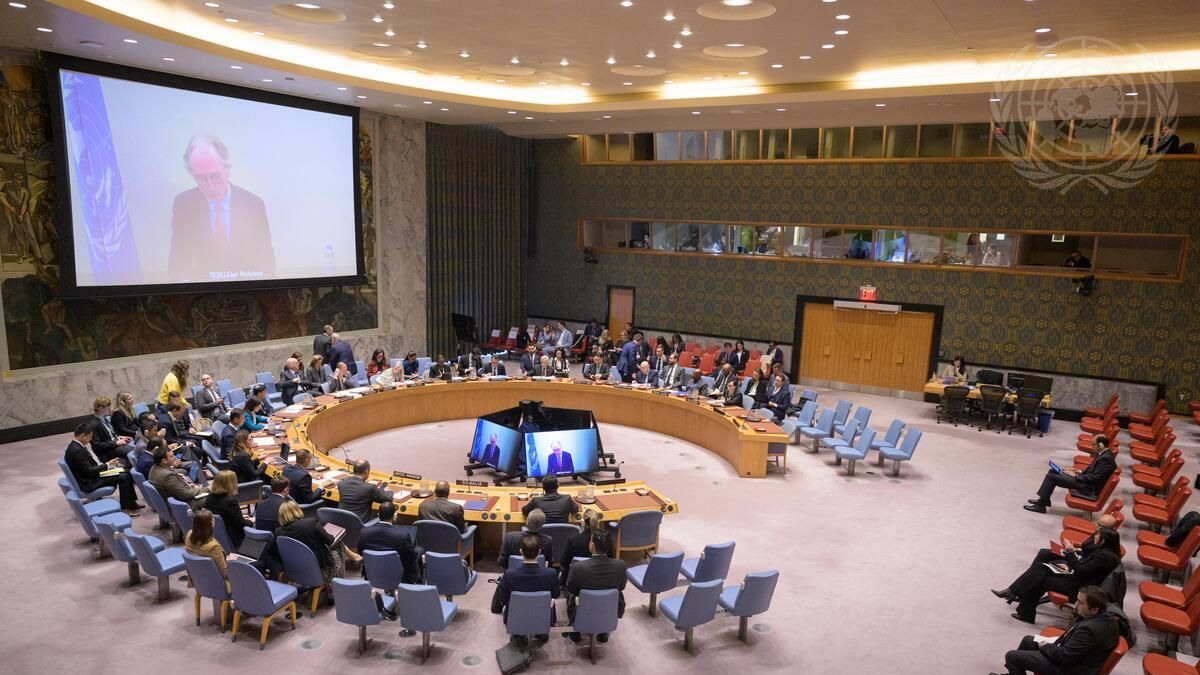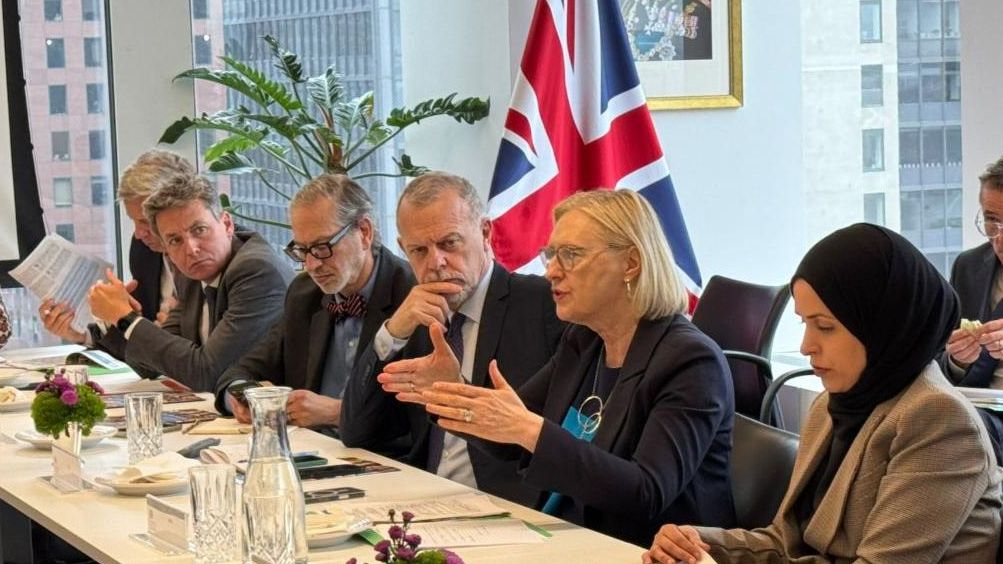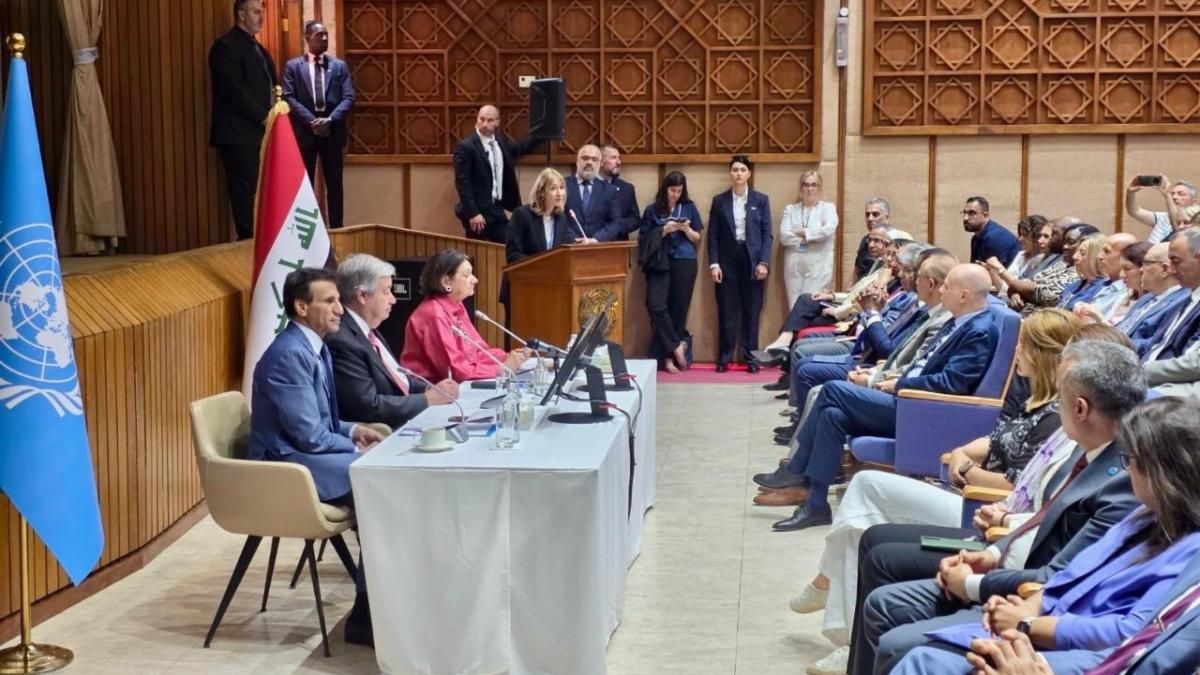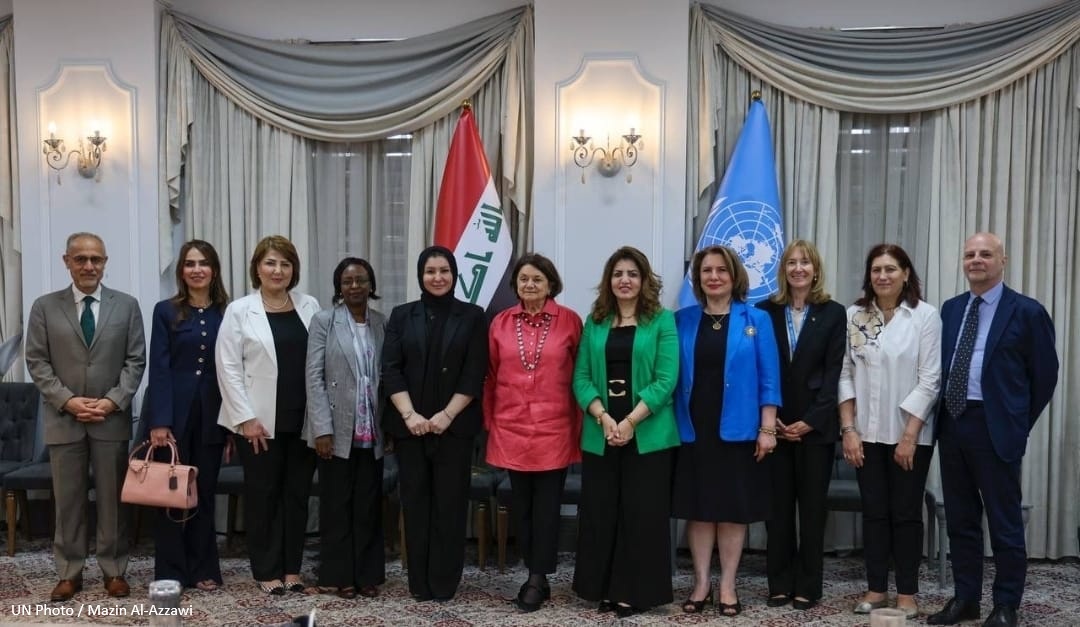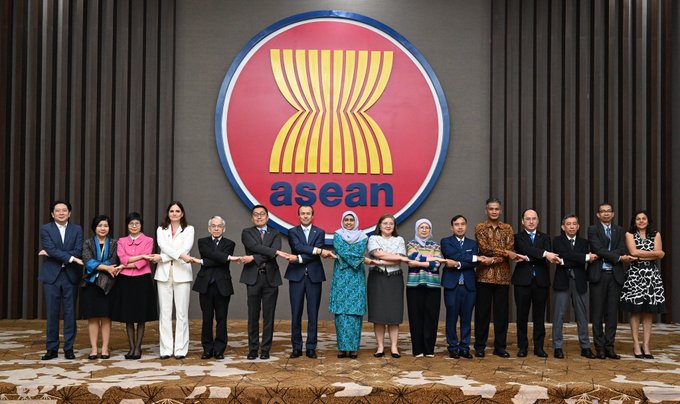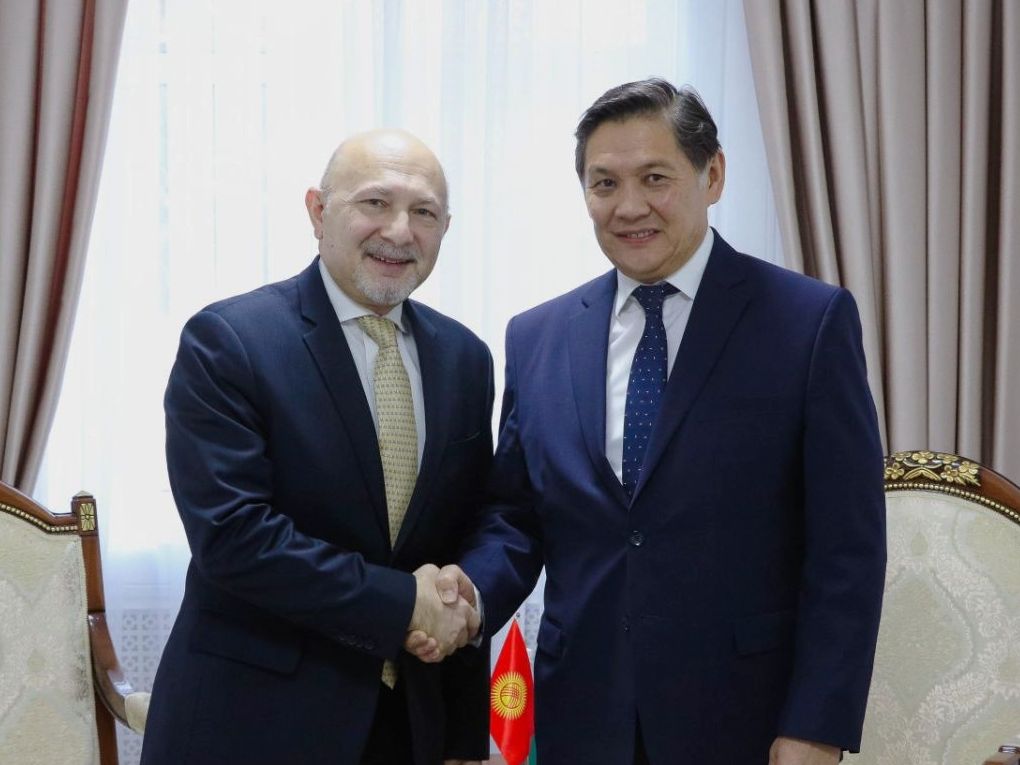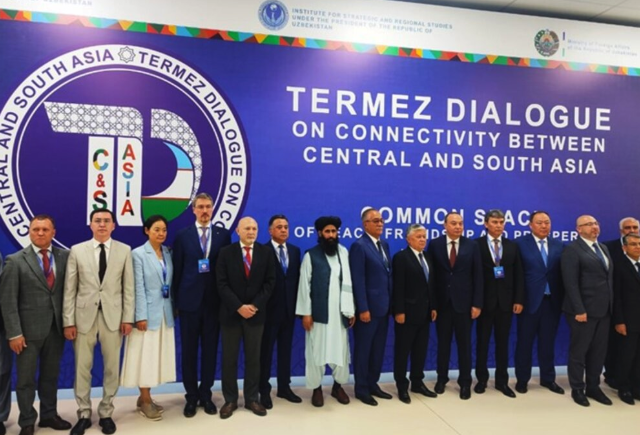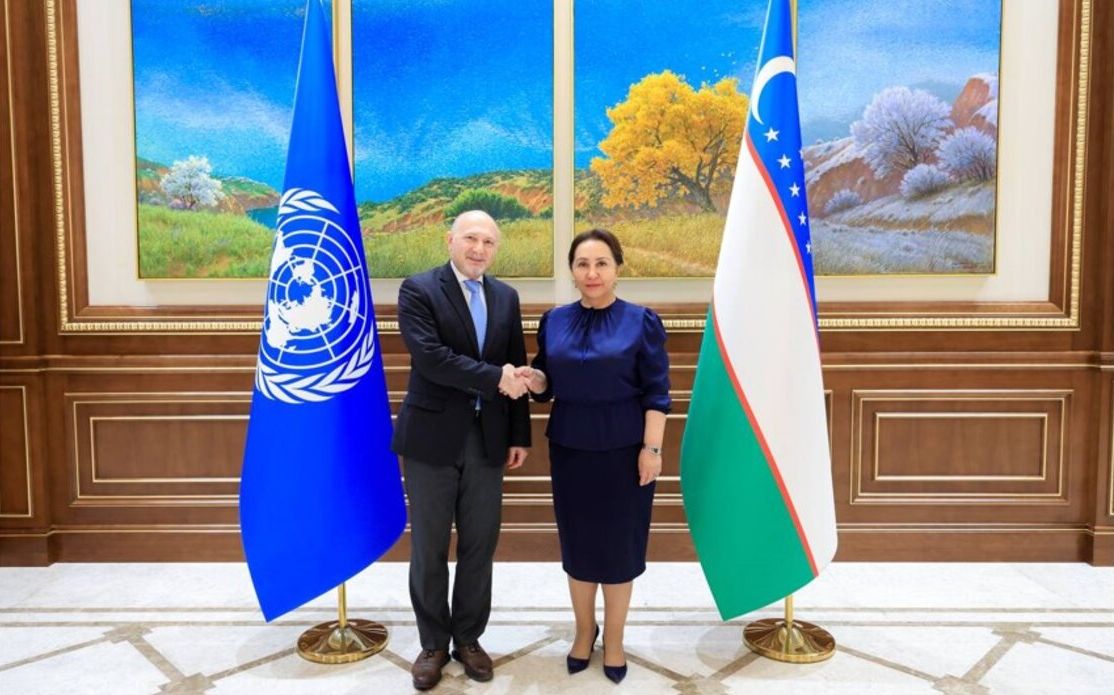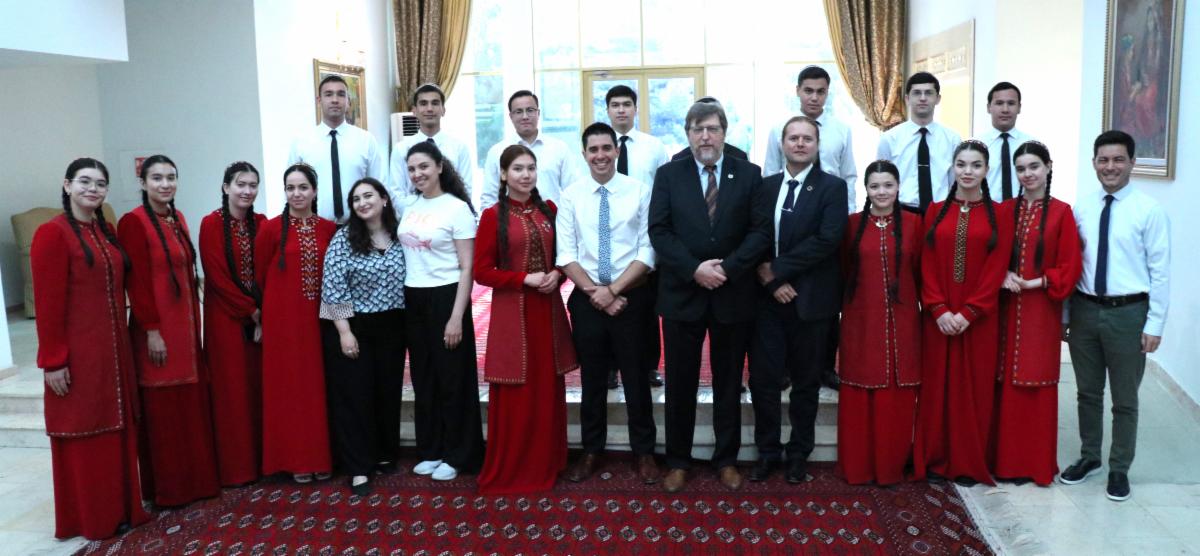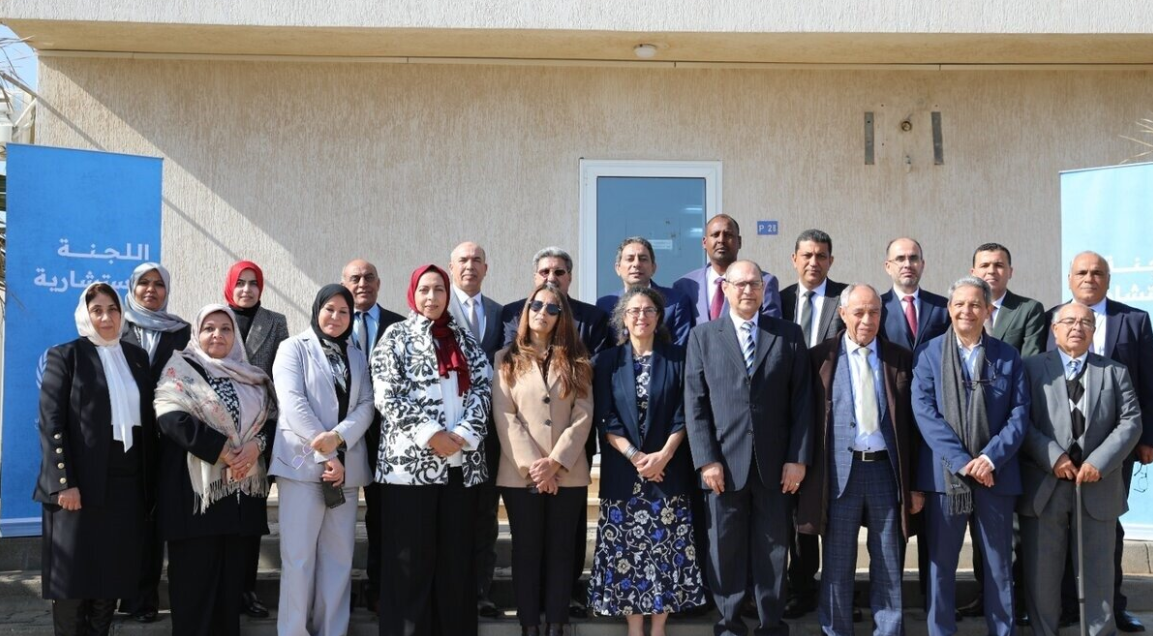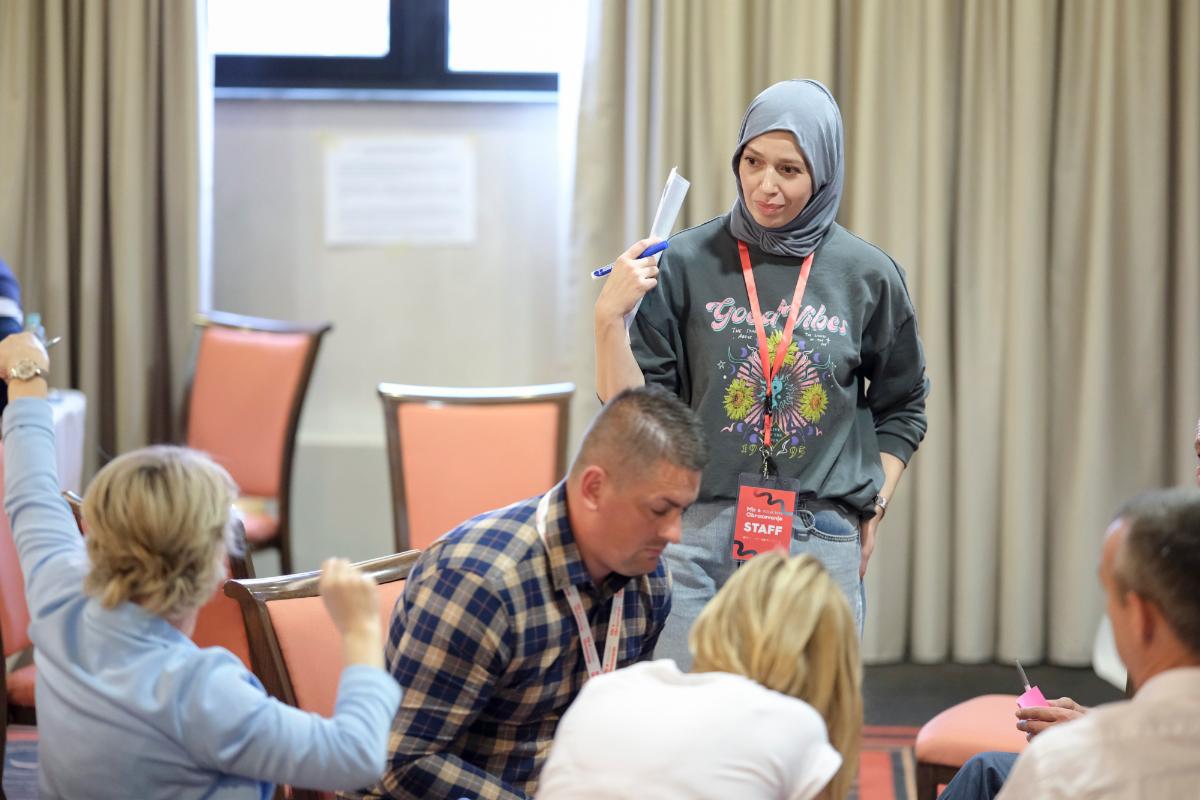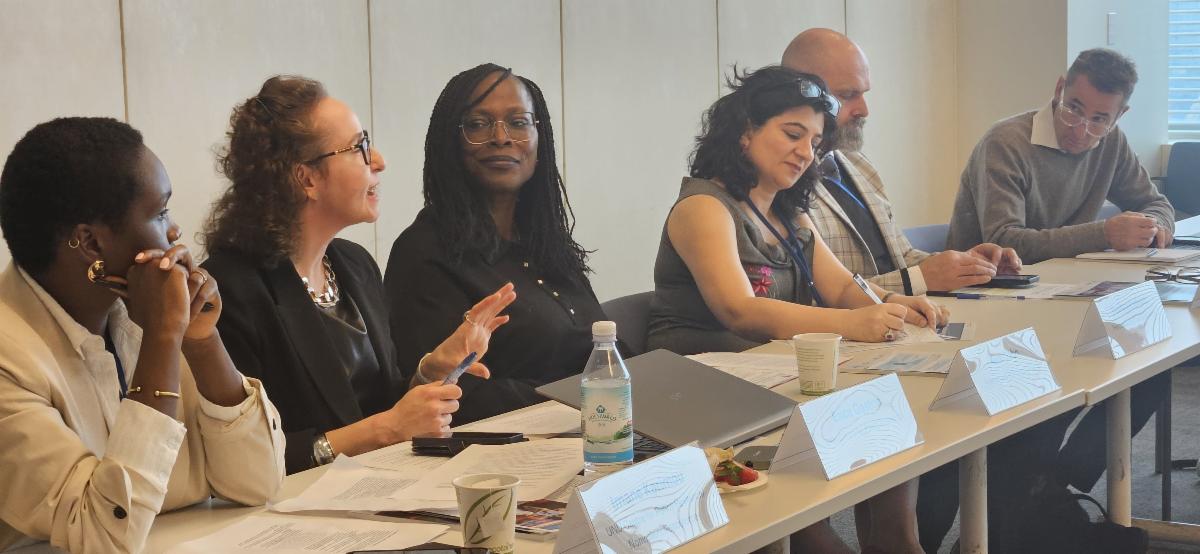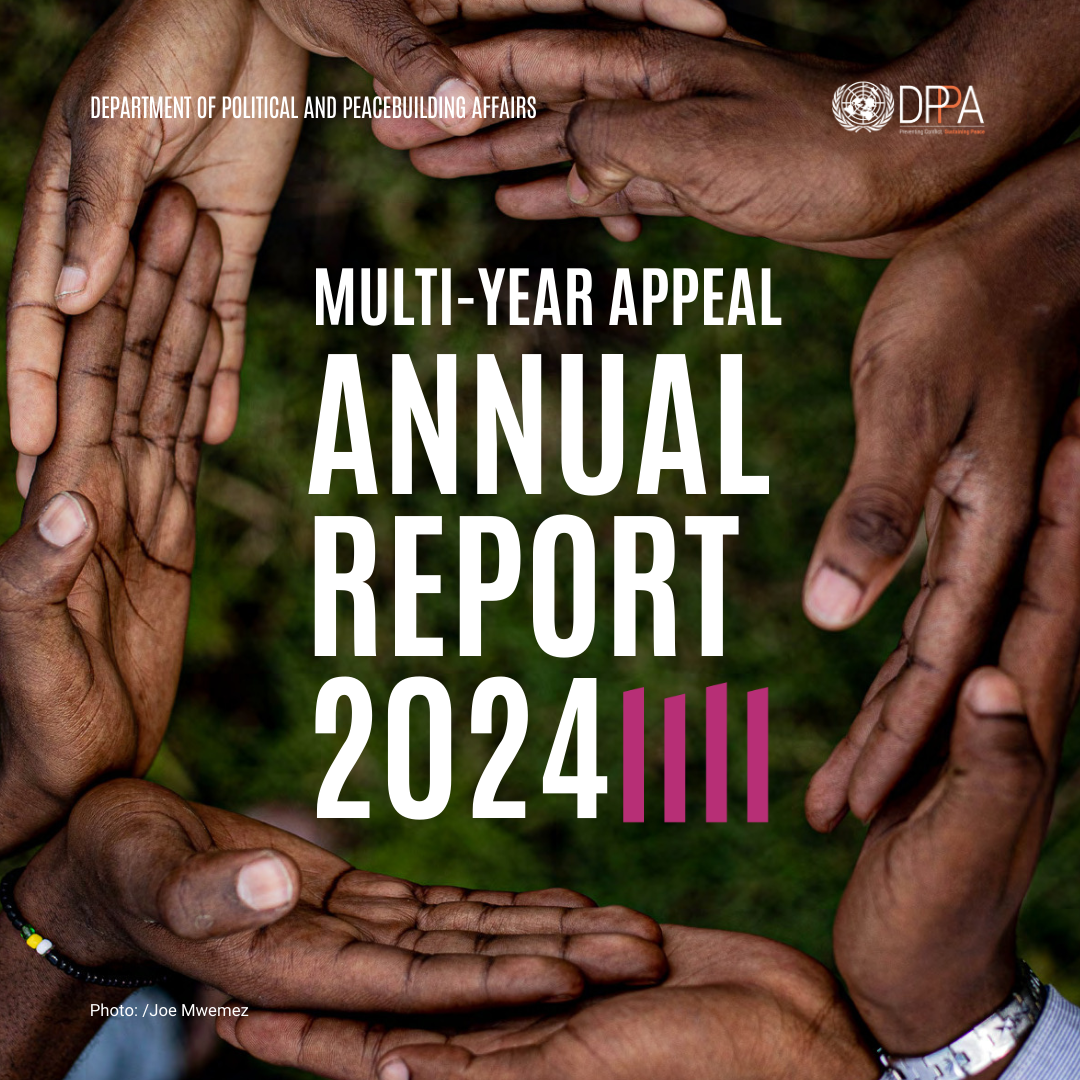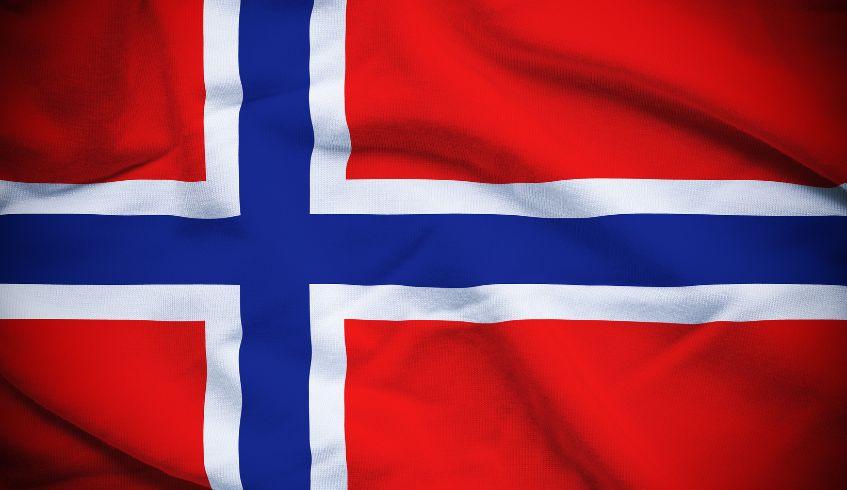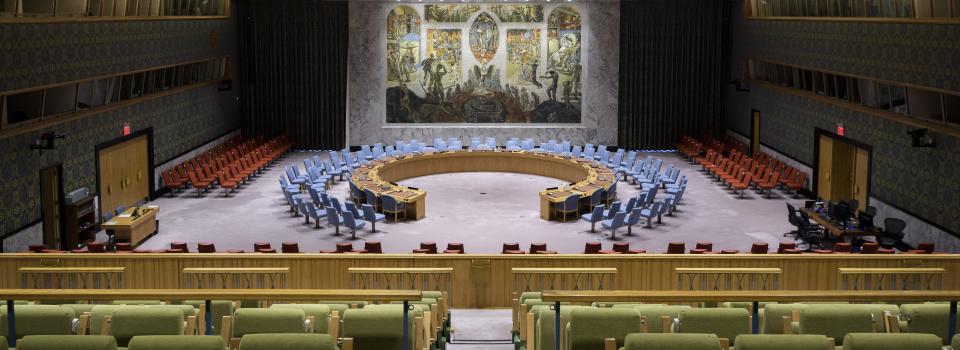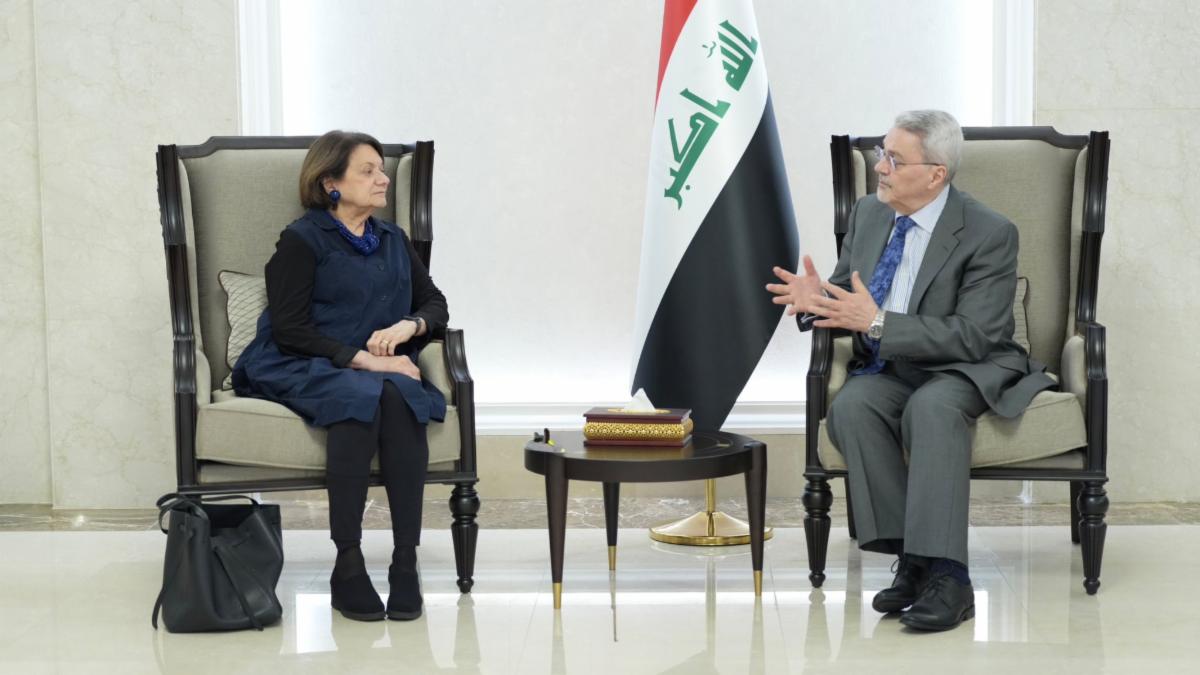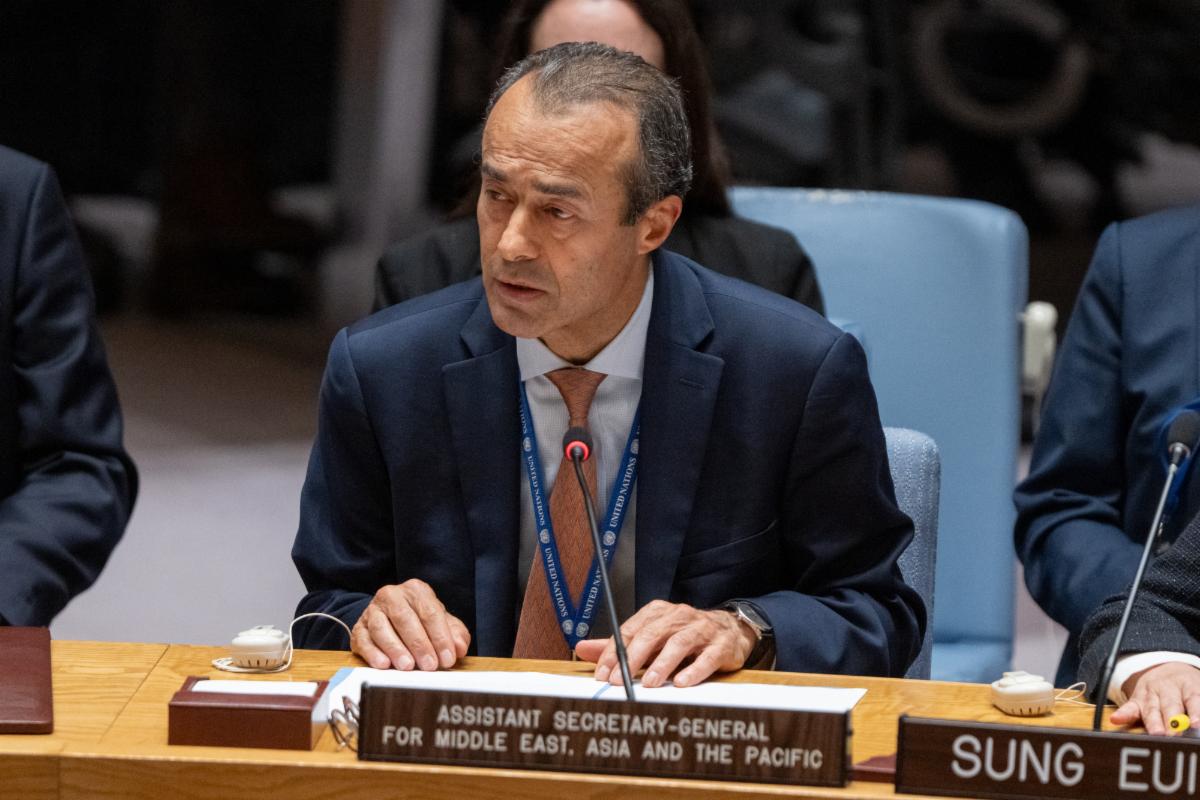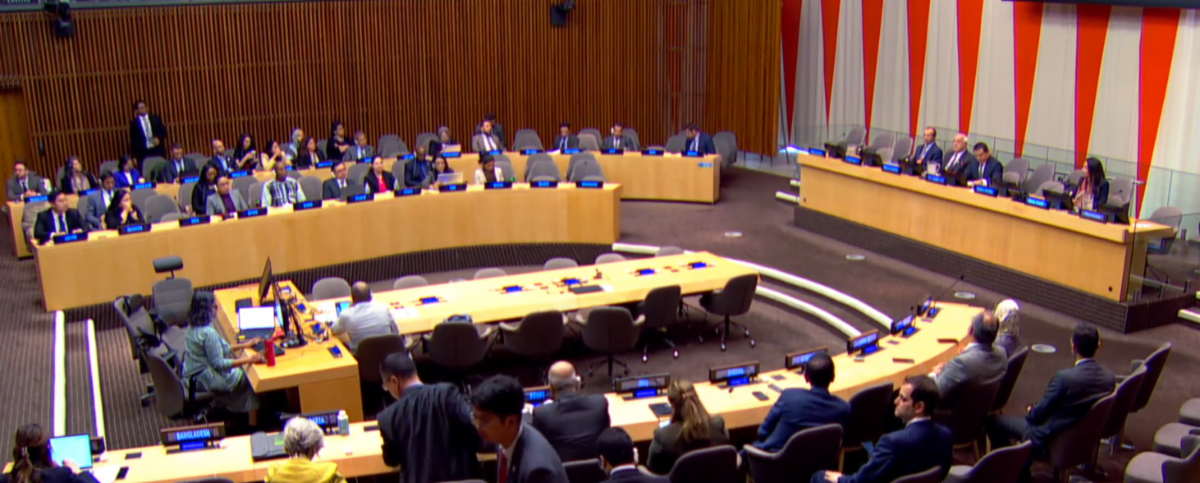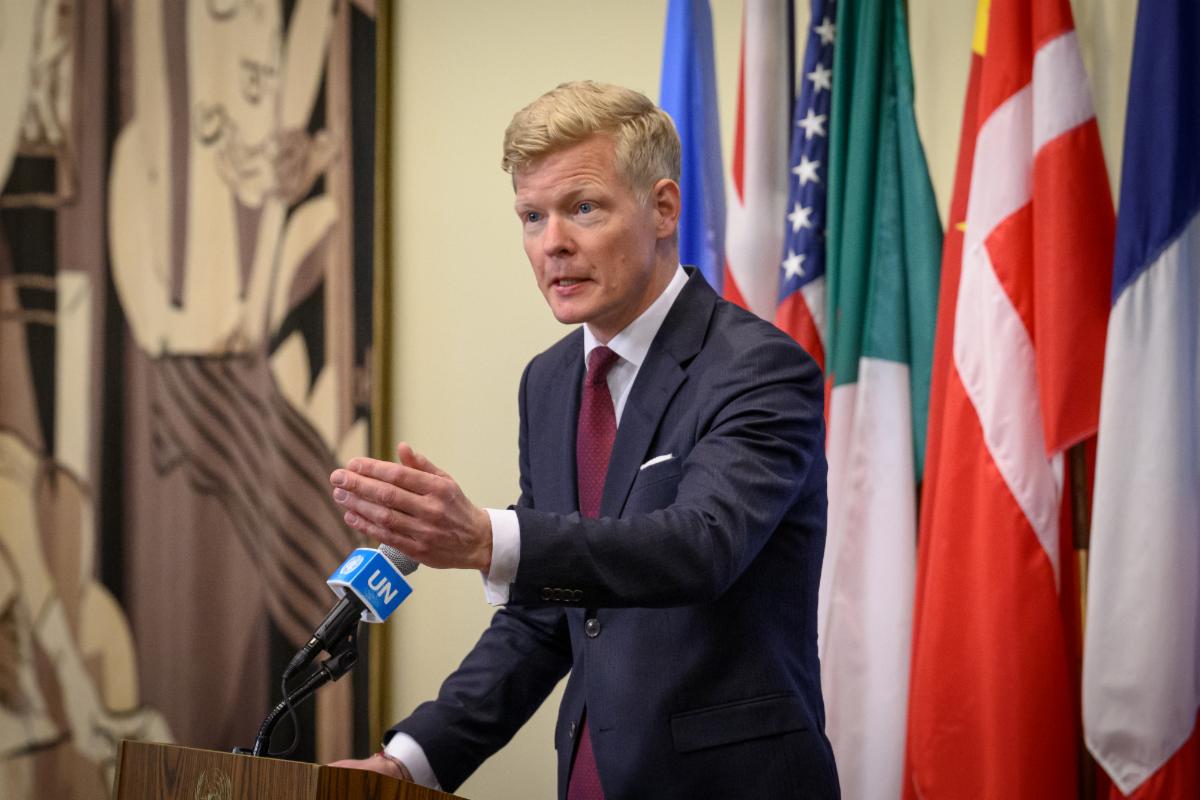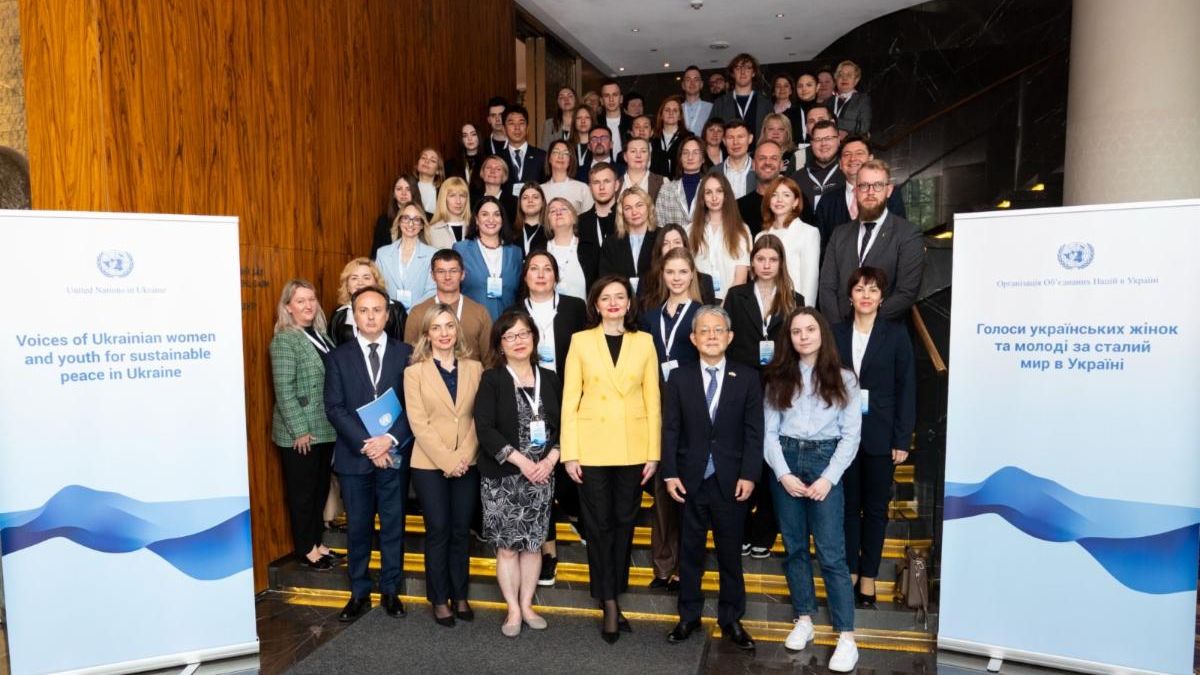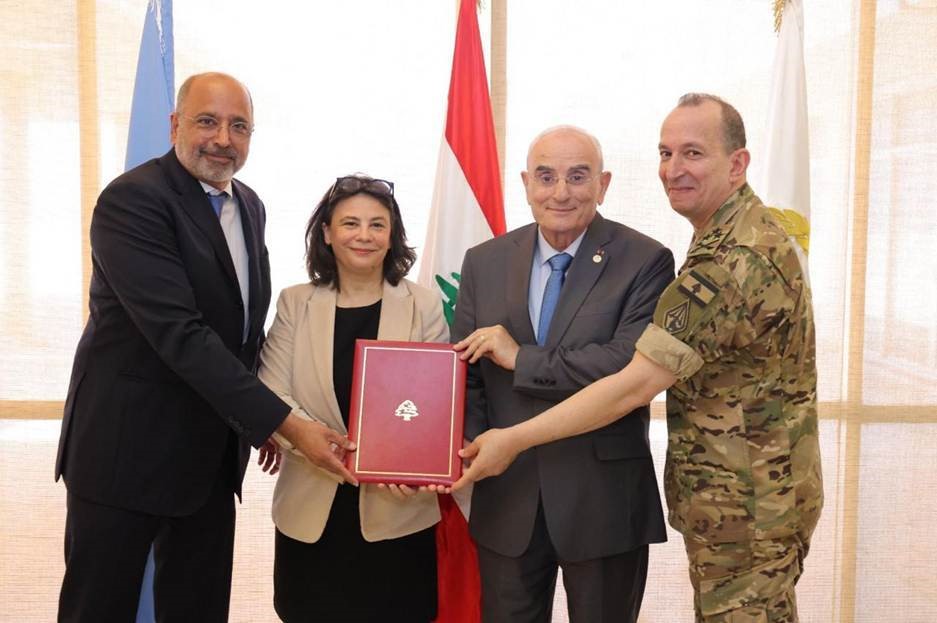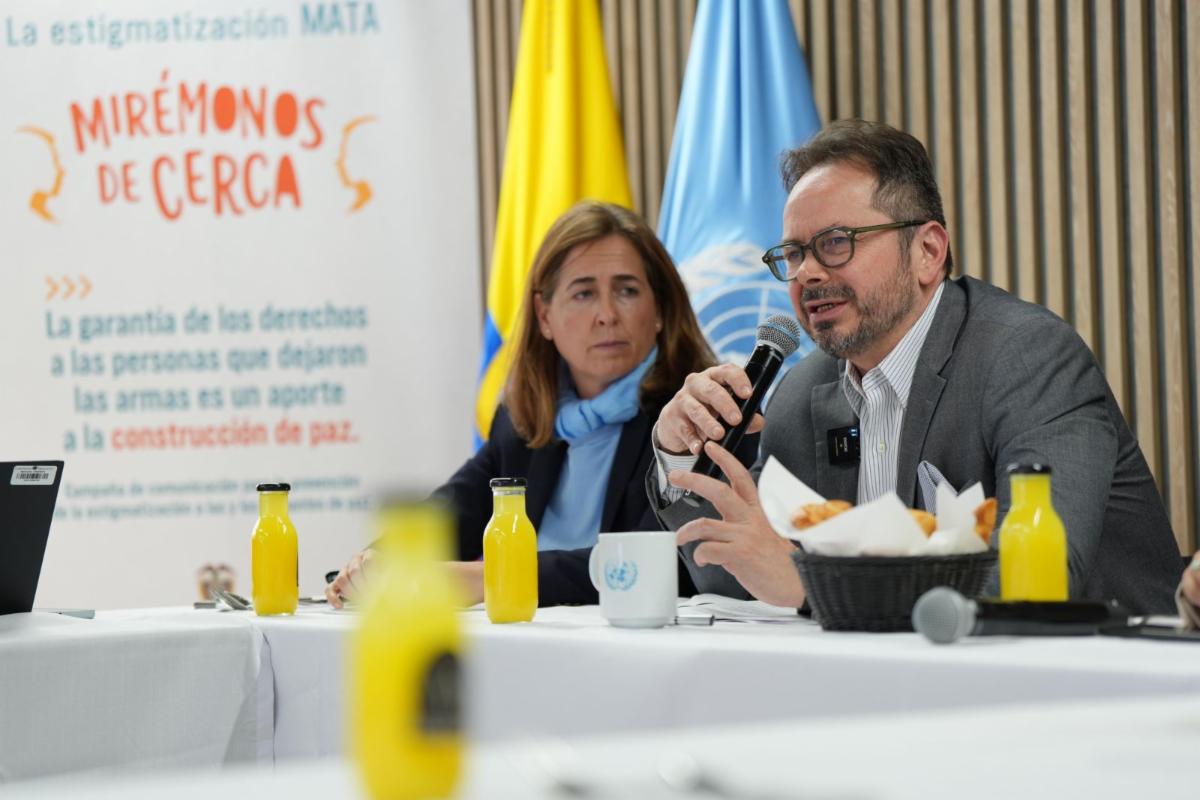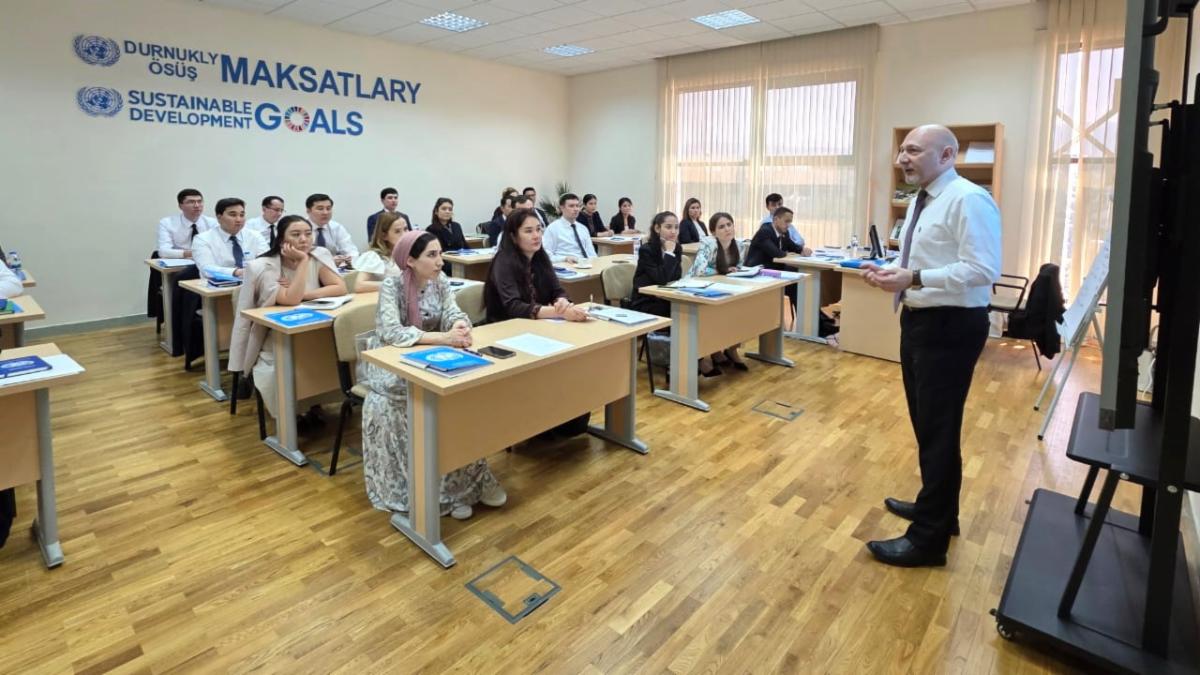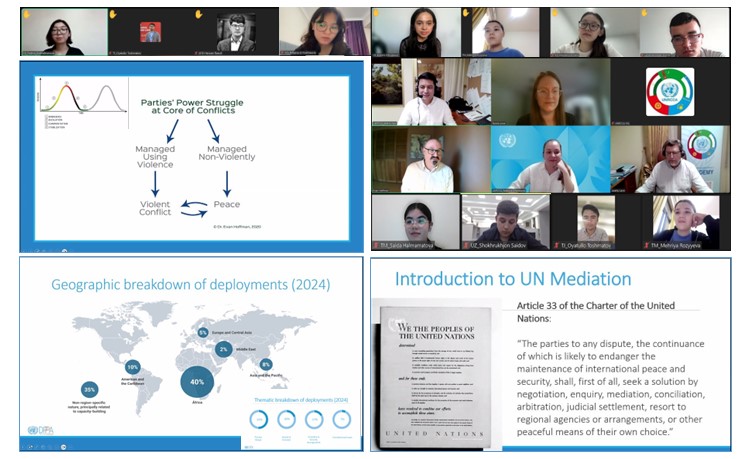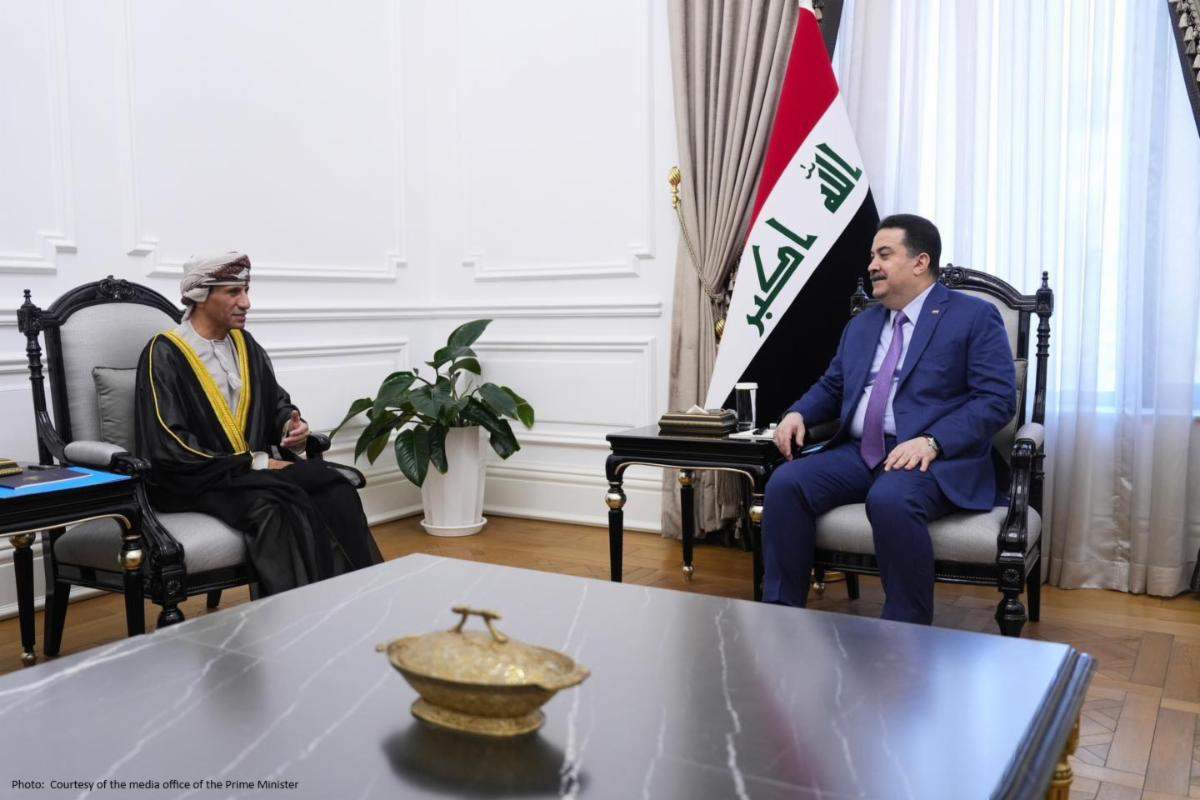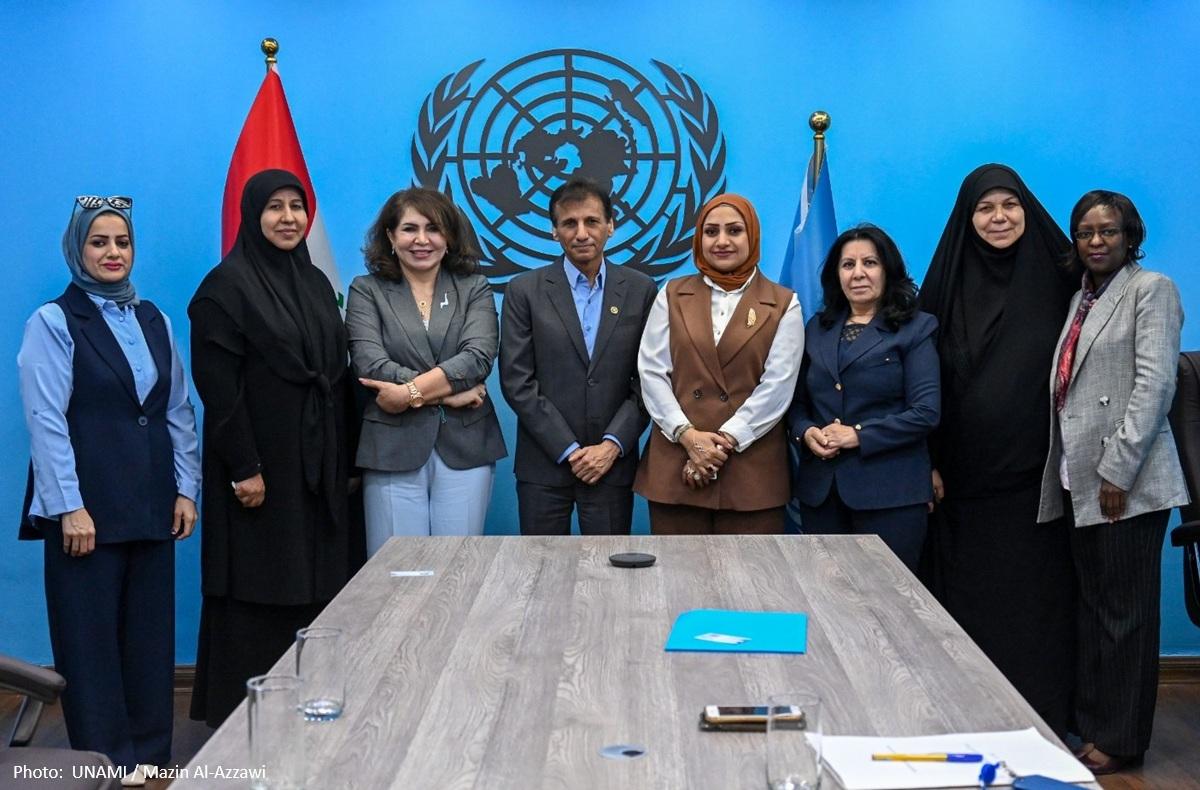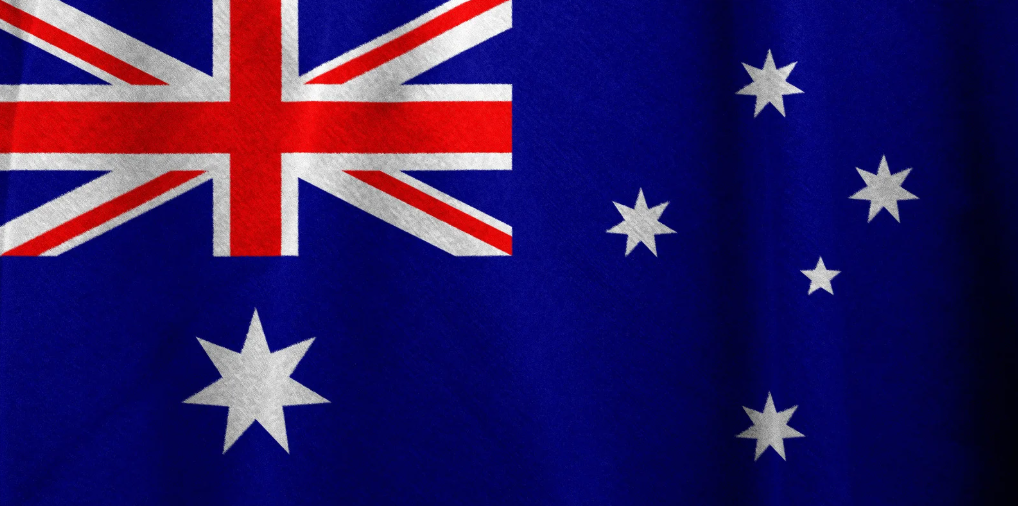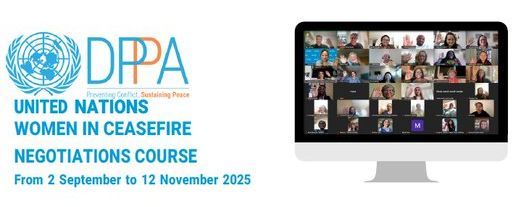Remarks for Ms. Rosemary DiCarlo, Under-Secretary-General for Political and Peacebuilding Affairs
The Preparatory Meeting for the High-Level International Conference for the Peaceful Settlement of the Question of Palestine and the Implementation of the Two-State Solution
New York, 23 May 2025
Excellencies, Distinguished Delegates,
It is my pleasure to deliver today’s closing remarks on behalf of the Secretary-General.
Let me begin by expressing our deep appreciation to France and the Kingdom of Saudi Arabia for their leadership of the High-Level International Conference on the Peaceful Settlement of the Question of Palestine. Your steadfast commitment to fostering international engagement and action on this central issue at this critical juncture is commendable.
I would also like to extend our appreciation to the co-chairs of the various working groups for their valuable contributions and updates at today’s preparatory meeting.
We gather at a time of profound turbulence in the Middle East. The region is racked by escalating violence and uncertainty. Hope continues to erode.
Yet, even amid this turmoil, there is potential for opportunity and positive transformation — for peace rooted in justice, for prosperity shared by all, and for full dignity for Israelis and Palestinians.
But we must be clear: a sustainable and comprehensive peace in the Middle East is unattainable without a just resolution of the Israeli-Palestinian conflict. This is not a peripheral issue, nor one to be indefinitely postponed. It is the longest-standing question on the UN peace and security agenda.
It lies at the very heart of regional instability, which ripples well beyond the Middle East. It undermines prospects for development, erodes human rights, and feeds a tragic cycle of resentment and violence.
As the Secretary-General stated in his recent briefing to the Security Council, “the promise of a two-State solution is at risk of dwindling to the point of disappearance. The political commitment to this long-standing goal is farther than it has ever been. As a result, the rights of both Israelis and Palestinians to live in peace and security have been undermined – and the legitimate national aspirations of the Palestinians have been denied – while they endure Israel’s continued presence that the International Court of Justice has found unlawful.”
There are no shortcuts, and there is no substitute for a negotiated two-State solution: a viable, sovereign, and independent State of Palestine, living side by side in peace and security with the State of Israel.
We cannot let this slip away.
Without urgent and concerted action, we risk the irreversible collapse of the international consensus around a viable two-State solution — and the entrenchment of an unjust status quo.
Let us reaffirm today that both peoples — Palestinians and Israelis — have the right to live in peace, security, and dignity. That security cannot be imposed by military means. It must be built through justice, mutual recognition, and the fulfillment of rights.
The entrenched occupation, the expansion of illegal settlements, violence against civilians, and the growing humanitarian crisis in the Occupied Palestinian Territory are not only morally indefensible — they are politically unsustainable.
A different path is still possible — one grounded in international law, the principles of the UN Charter, and the shared interests of all peoples in the region.
Taking that path requires courage, clarity, and commitment.
The upcoming High-Level International Conference in June offers a rare and vital opportunity. It must not become yet another rhetorical exercise.
The Conference must serve as a turning point. It must galvanize irreversible steps toward ending the occupation, unifying the West Bank and Gaza under a single, legitimate Palestinian authority, and establishing our shared goal of a viable two-State solution.
Most of all, it must place the right of the Palestinian people to self-determination — long denied — at the center of the international agenda.
Israelis and Palestinians deserve peace, security, and dignity. A future of endless conflict is not inevitable. But to stave it off, we need decisive and principled leadership and action.
We have no time to lose.
Thank you.

